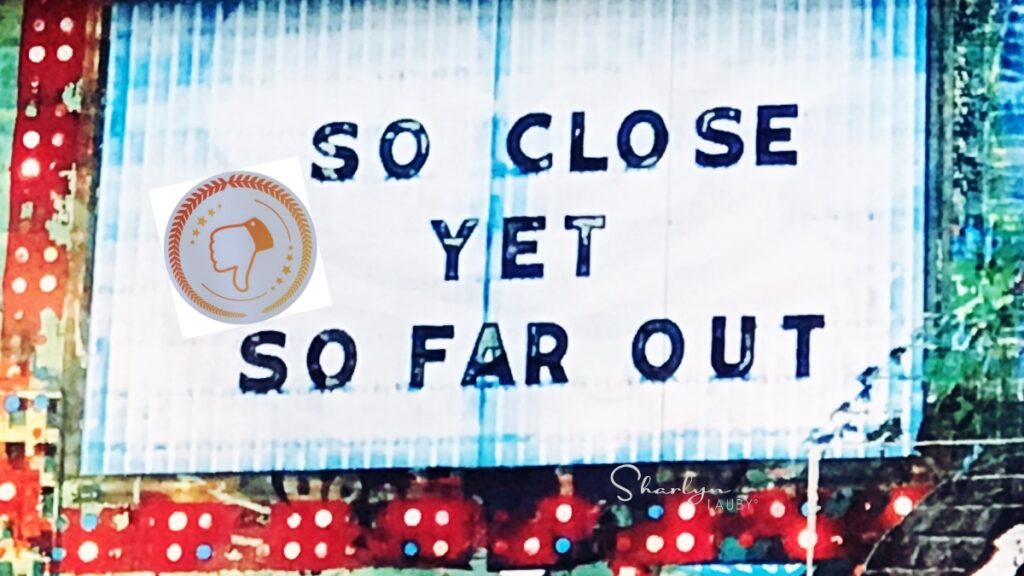Job Rejection Emails: Are They Necessary – HR Bartender
Estimated reading time: 3 minutes
I saw an article on Lifehacker recently titled, “How You Should Respond to a Job Rejection Email”. The article was focused on whether candidates should send a response to a job rejection from a company.
But the article got me thinking about rejection emails in general. First, organizations should always close the loop with applicants and candidates. ALWAYS! Today’s technologies allow organizations to send applicants and candidates emails to let them know their status in the process. There’s no reason not to.
I’d take this one step further and say organizations have an obligation to do more than send an email to internal candidates. At this point, it’s not about recruitment. Letting an internal candidate know that they are no longer being considered is a development conversation. The employee wants to know that the organization is going to support their future development.
So, organizations definitely need to send rejection emails or have close the loop conversations.
Now, on the employee side. I’m torn about sending a reply to a rejection email. Individuals should ask themselves, “What’s the goal?”. If you’re trying to keep the door open with this organization, then yes, a response could be appropriate. In the case of an internal candidate, it could make some sense to follow up and let the organization know that you take their feedback seriously.
But individuals might find that writing a response doesn’t make sense with every job rejection letter they receive. Sometimes during the interview process candidates learn that they really don’t want to work for that company and the job rejection letter is a relief.
If you’re planning to write a response to a rejection email, here are a few things to consider:
- Make the reply sound like you versus a form letter. This is especially true if you want to be considered for other jobs.
- Keep it brief and to the point.
- Mention why you are worth considering again in the future. If you’re applying for a job where you have transferrable skills – meaning skills that would be valuable in many different positions – this could be worth touching on.
- Thank the company for their consideration.
While it might be tempting to comment on the company’s hiring processes, think carefully before sharing your frustrations. As a human resources professional, I understand that sometimes the interview process is frustrating. The process takes too long. There were multiple interviews. Only to find out at the end that you weren’t selected. Again, you must decide, “What’s the goal?”. Burning a bridge might make you feel better, but not be good for your job search or your career.
Ultimately, remember that the value in sending or responding to a job rejection email is to stand out – in a good way. Remember that.
Image captured by Sharlyn Lauby while exploring the streets of Austin, TX
23